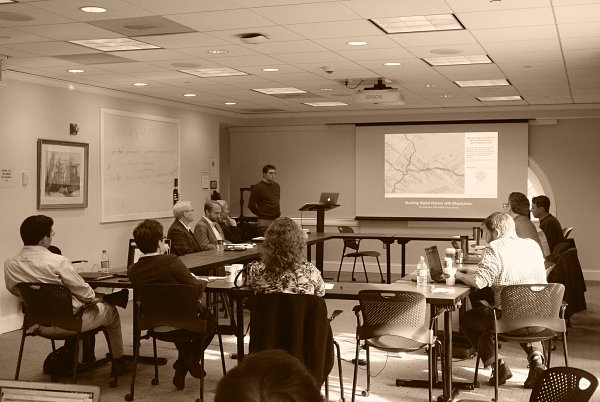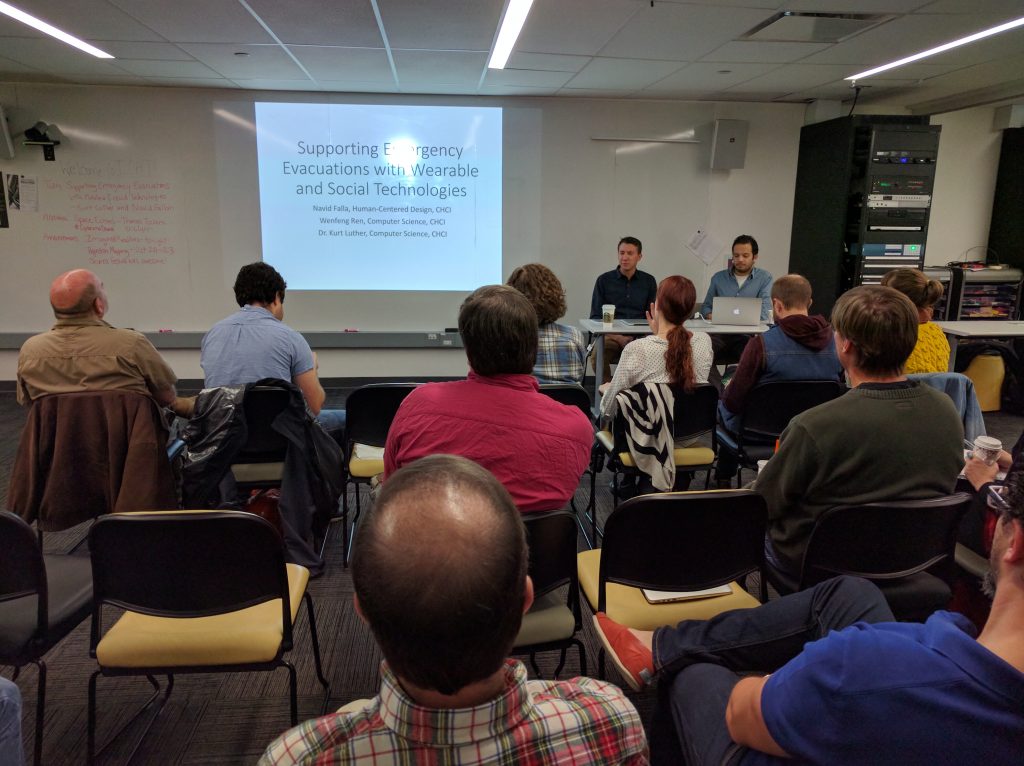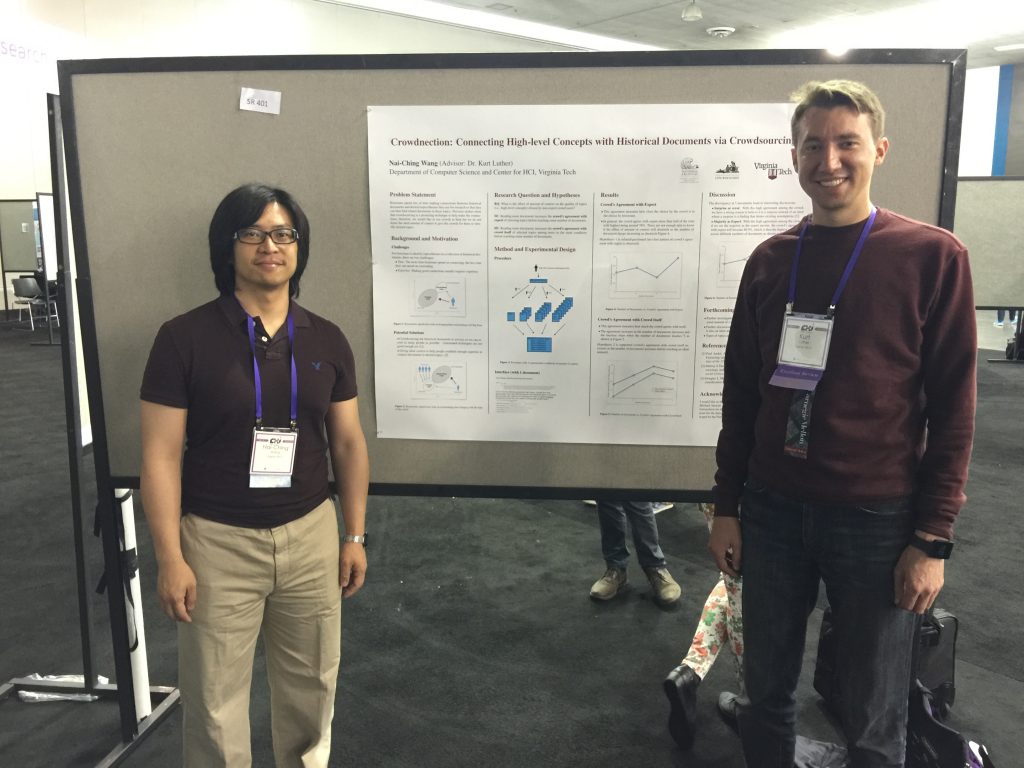Mapping the Fourth of July in the Civil War Era has launched! Mapping the Fourth is a crowdsourced digital archive that explores how Americans celebrated the Fourth of July while their nation was being torn apart. It is built with Incite, a plug-in developed by the Crowd Lab for the Omeka content management system.
This project, funded by the National Archives, is an interdisciplinary collaboration between Dr. Paul Quigley (PI) of the History Dept., Dr. Kurt Luther (Co-PI) of the Computer Science Dept., and Dr. David Hicks (Co-PI) of the School of Education, all at Virginia Tech.
To help promote the launch, Virginia Tech wrote up a wonderful press release that was featured on the vt.edu home page all Fourth of July weekend. Additionally, Dr. Quigley mentioned the project in his op-ed on Civil War-era Independence Day in the Roanoke Times.



